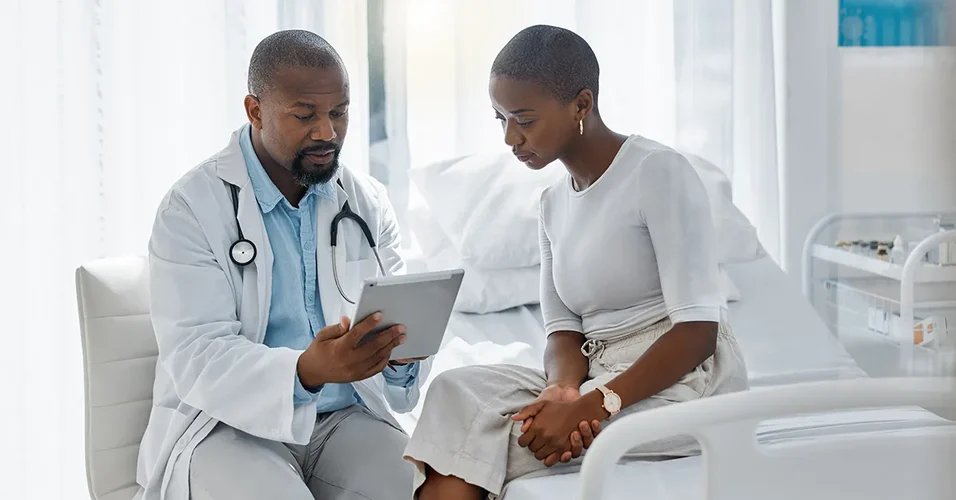Healthcare is one of the most important things to consider when relocating to Ghana. While the country has a functional healthcare system, returnees should understand what options are available and how to access reliable care. Being informed helps you and your family feel secure and prepared.
Public Healthcare
Government hospitals and clinics operate across the country, offering affordable medical care to Ghanaians. However, returnees often find that these facilities come with long waiting times, limited equipment, and varying levels of service quality.
Tip: Public healthcare is a cost-effective option, especially for basic needs, but it may not always meet international standards. Many diasporans choose to use public facilities for minor health concerns while relying on private hospitals for specialized or urgent care.
Private Healthcare
Major cities such as Accra, Kumasi, and Takoradi have excellent private hospitals and clinics that provide high-quality services, including advanced diagnostics and specialist consultations. These facilities often meet international standards, with shorter wait times and modern equipment.
Tip: Private healthcare can be expensive, so securing private health insurance is strongly recommended to help manage medical costs.
Health Insurance Options
Understanding your insurance options will make your healthcare experience in Ghana smoother. Here are the main choices available:
- National Health Insurance Scheme (NHIS): Provides coverage for basic services such as general consultations and some medications. However, it has limitations and may not cover specialist or private care.
- Private Insurance: Offers broader coverage, access to premium hospitals, and faster service. This is a popular option among diasporans and expatriates.
- International Health Insurance: Ideal if you plan to travel frequently or want access to care both in Ghana and abroad.
Specialist Care and Medication Availability
Specialist care is available in Ghana but is largely concentrated in urban areas. If you live outside a major city, you may need to travel for certain treatments or consultations. Some medications can also be more expensive or difficult to find.
What to do: If you have a chronic condition, confirm in advance whether your prescribed medications are available locally. In some cases, you may need to bring extra supplies or arrange regular shipments from abroad.
Emergency and Ambulance Services
Emergency services are improving, but they may not be as reliable as what you are used to in Western countries. Public ambulance response times can vary, and equipment may be limited. Many returnees prefer to use private hospitals for emergencies, as they often provide faster and more organized care.
Final Thoughts
Taking a proactive approach to healthcare in Ghana makes all the difference. Secure the right insurance plan, identify trusted hospitals before you need them, and keep your medical records accessible. By planning ahead, you can enjoy peace of mind knowing that you and your loved ones are well cared for while building a new life in Ghana.




